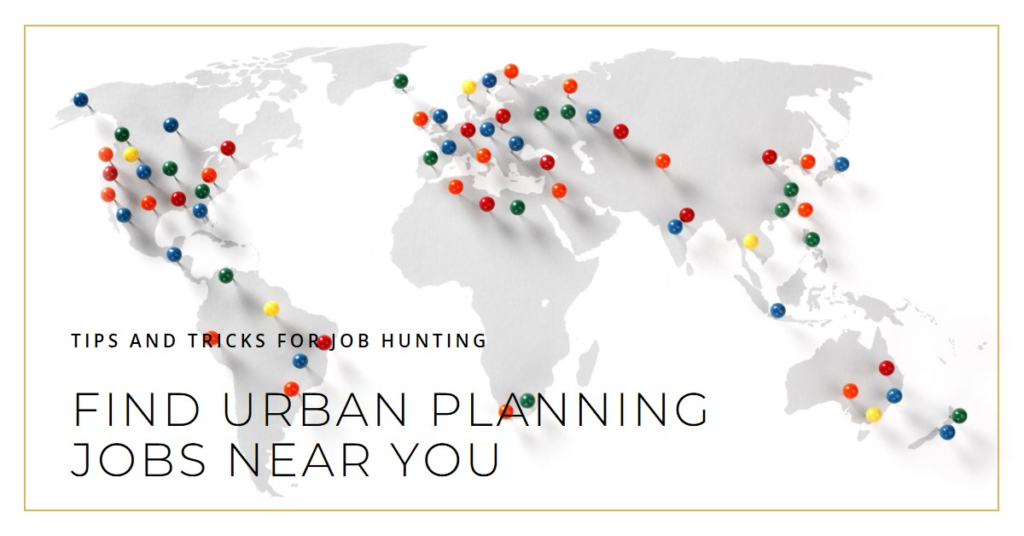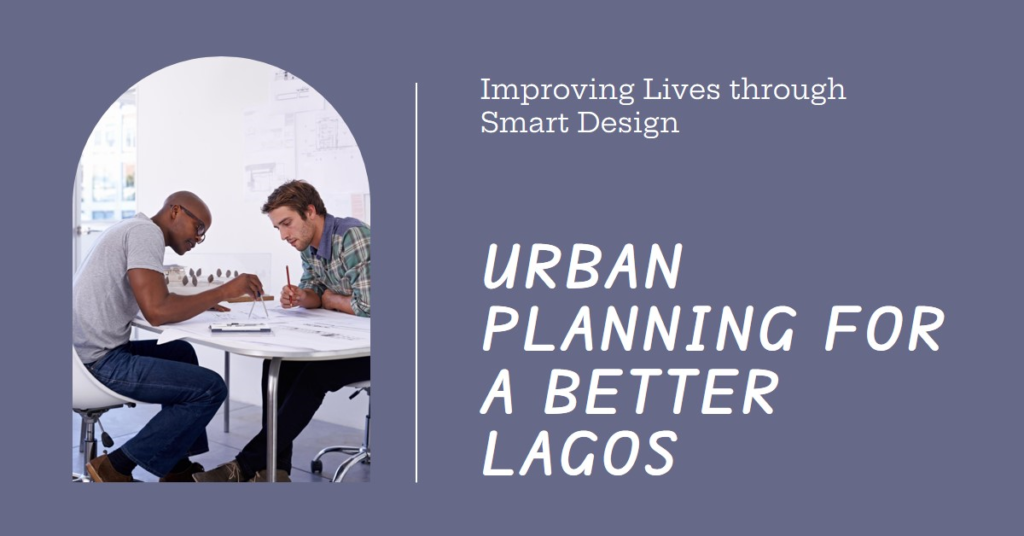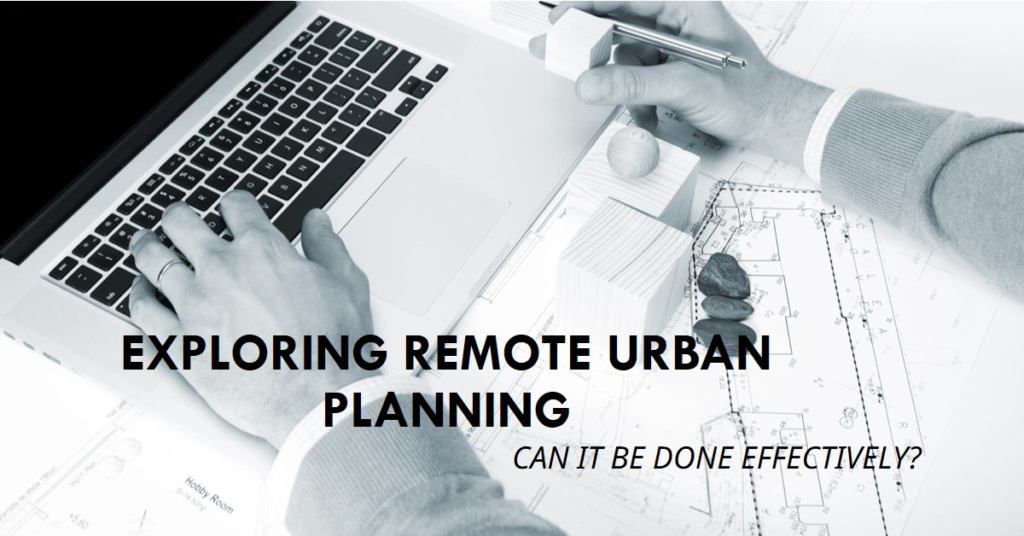
Table of Contents
- Introduction:
- Understanding the Urban Planning Landscape:
- Utilizing Online Job Boards:
- Networking with Industry Professionals:
- Leveraging Social Media:
- Exploring Government Opportunities:
- Engaging with Local Communities:
- Enhancing Your Skills and Qualifications:
- Crafting a Standout Application:
- Preparing for Interviews:
- Conclusion: Your Path to a Rewarding Career
Introduction:
Urban planning is a dynamic field that shapes the way cities and communities grow and function. If you are passionate about creating sustainable and efficient urban environments, finding the right job in urban planning is crucial. This guide will walk you through various strategies to locate urban planning jobs near you, highlighting key resources, tips for networking, and advice on standing out in the competitive job market.
Understanding the Urban Planning Landscape:
Before diving into job searching, it’s important to understand what urban planning entails. Urban planners work on projects that include zoning, transportation, public spaces, and community development. They collaborate with government agencies, private developers, and the public to design and implement plans that balance growth with sustainability.
Understanding the scope of urban planning will help you identify the areas you are most interested in, whether it’s transportation planning, environmental planning, or economic development. This clarity will guide your job search and help you target positions that align with your interests and skills.
Utilizing Online Job Boards:
Online job boards are a great starting point for finding urban planning jobs. Websites such as Indeed, LinkedIn, and Glassdoor list numerous opportunities in the field. Additionally, specialized job boards like Planetizen and the American Planning Association (APA) Career Center focus specifically on urban planning positions.
When using these platforms, utilize filters to narrow down your search by location, experience level, and job type. Setting up job alerts can also ensure you receive notifications for new postings that match your criteria, keeping you ahead of the competition.
Networking with Industry Professionals:
Networking is a powerful tool in any job search. Connecting with industry professionals can provide insights into job openings that may not be advertised publicly. Attend industry conferences, webinars, and local planning meetings to meet potential employers and colleagues.
Join professional organizations such as the American Planning Association (APA) or the Urban Land Institute (ULI). These organizations often have local chapters that host networking events, workshops, and seminars. Engaging with these groups can expand your professional network and increase your chances of finding job leads.
Leveraging Social Media:
Social media platforms, particularly LinkedIn, are invaluable for job seekers in urban planning. Optimize your LinkedIn profile by highlighting your education, experience, and skills relevant to urban planning. Follow companies and organizations in the field to stay updated on their activities and job postings.
Participate in LinkedIn groups related to urban planning to engage in discussions, share your knowledge, and connect with other professionals. Twitter can also be useful for following industry leaders and staying informed about the latest trends and job opportunities.
Exploring Government Opportunities:
Many urban planning jobs are within government agencies at the local, state, and federal levels. City planning departments, regional planning organizations, and state agencies often have positions for urban planners. Check the websites of these agencies regularly for job postings.
Consider applying for internships or entry-level positions to gain experience and get your foot in the door. Government jobs often offer clear career progression, so starting at a lower level can lead to more advanced opportunities in the future.
Engaging with Local Communities:
Engaging with local community organizations can be a unique way to discover job opportunities. Non-profit organizations, community development corporations, and neighborhood associations often need urban planners to assist with various projects. Volunteering with these groups can help you build experience and expand your network.
Additionally, participating in community planning initiatives can demonstrate your commitment to improving urban environments, making you a more attractive candidate to potential employers.


Enhancing Your Skills and Qualifications:
Continuously improving your skills and qualifications can set you apart in the job market. Pursue additional certifications such as the American Institute of Certified Planners (AICP) credential, which is highly regarded in the field. Enroll in workshops, online courses, and training programs to stay current with the latest urban planning techniques and technologies.
Consider learning Geographic Information Systems (GIS), as proficiency in GIS is often a requirement for urban planning positions. Software skills in programs like AutoCAD, SketchUp, and Adobe Creative Suite can also enhance your resume and make you more competitive.
Crafting a Standout Application:
When applying for urban planning jobs, your application materials should be tailored to each position. Start with a strong resume that highlights your relevant experience, education, and skills. Use action verbs and quantifiable achievements to showcase your contributions to previous projects.
Your cover letter should be equally compelling, explaining why you are passionate about urban planning and how your background makes you a perfect fit for the job. Address the specific requirements mentioned in the job posting and provide examples of your work that demonstrate your abilities.
Preparing for Interviews:
Once you land an interview, preparation is key. Research the organization and understand its mission, projects, and challenges. Be ready to discuss how your skills and experience can contribute to their goals. Prepare to answer common interview questions related to urban planning, such as your approach to community engagement or how you handle conflicting interests in planning projects.
Practice your responses to ensure you communicate confidently and clearly. Additionally, prepare questions to ask the interviewer about the organization’s planning philosophy, team structure, and future projects. This shows your genuine interest in the position and helps you assess if it’s the right fit for you.
Conclusion: Your Path to a Rewarding Career
Finding urban planning jobs near you requires a strategic approach that combines online resources, networking, skill enhancement, and community engagement. By understanding the landscape of urban planning, utilizing various job search tools, and continually improving your qualifications, you can navigate the job market effectively and secure a rewarding position in this impactful field. Stay proactive, persistent, and passionate, and you will find the urban planning job that aligns with your career aspirations and allows you to make a meaningful difference in the communities you serve.


